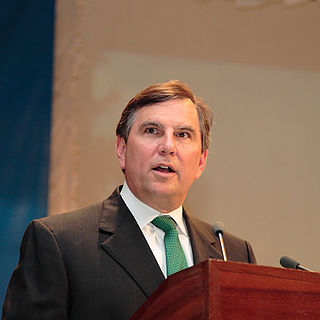A Quote by Epictetus
Freedom isn't the right or ability to do whatever you please. Freedom comes from understanding the limits of our own power and the inherent limits set in place by nature. By accepting life's limits and inevitabilities and working with them rather than fighting them, you become truly free.
Related Quotes
A freedom which is interested only in denying freedom must be denied. And it is not true that the recognition of the freedom of others limits my own freedom: to be free is not to have the power to do anything you like; it is to be able to surpass the given toward an open future; the existence of others as a freedom defines my situation and is even the condition of my own freedom. I am oppressed if I am thrown into prison, but not if I am kept from throwing my neighbor into prison.
I kind of enjoy the limits. If you've got no limits, you can do absolutely anything, it's very difficult, actually. I always enjoyed working with machines like color photocopiers and letter-pressing type settings, things where the limits are very apparent. You push the machine to do something, and it tries to do its best, and it usually has wonderful qualities all of its own. Then you get a sort of dialogue going, and the limitations become qualities.








































